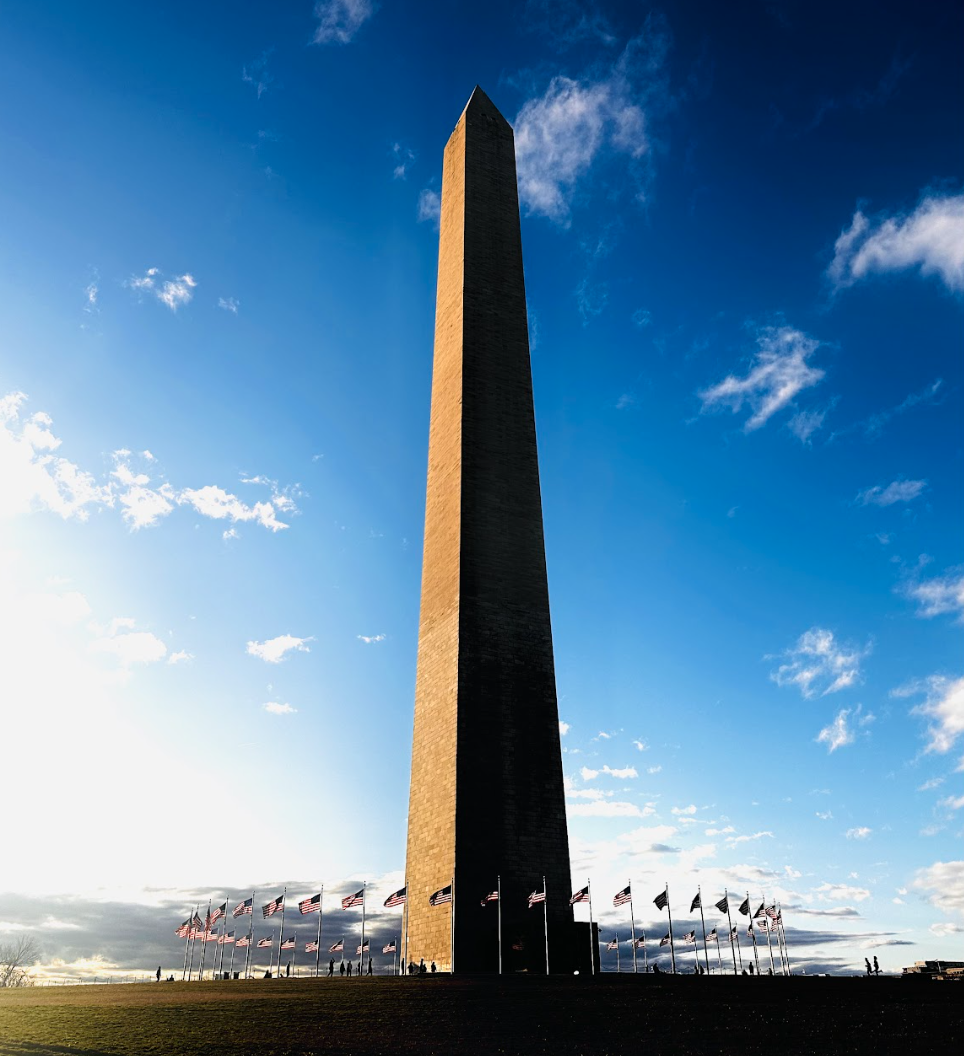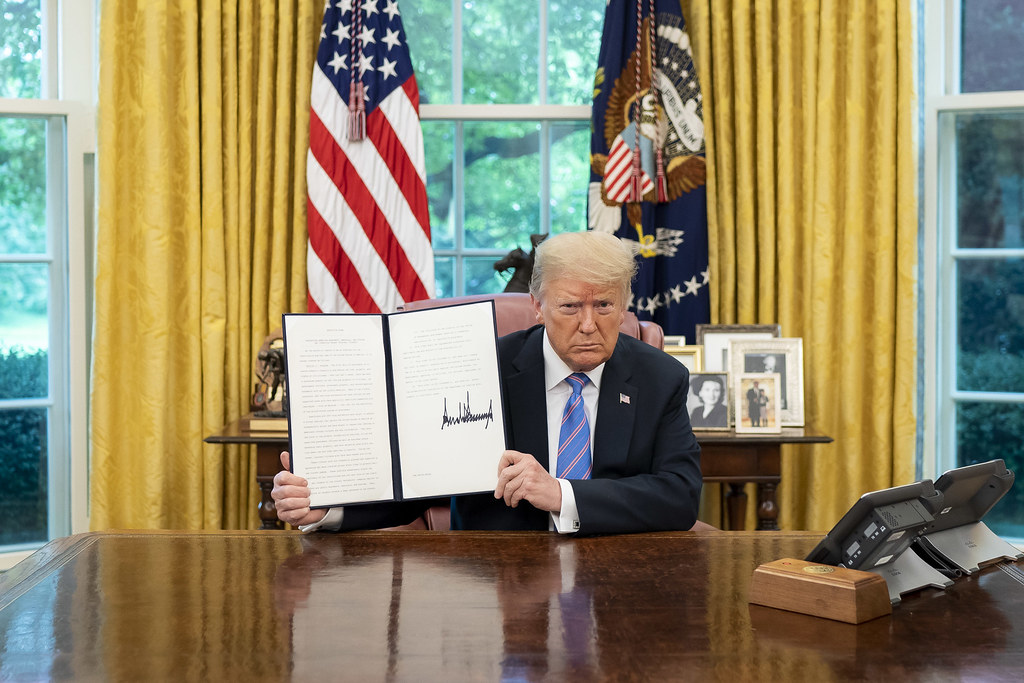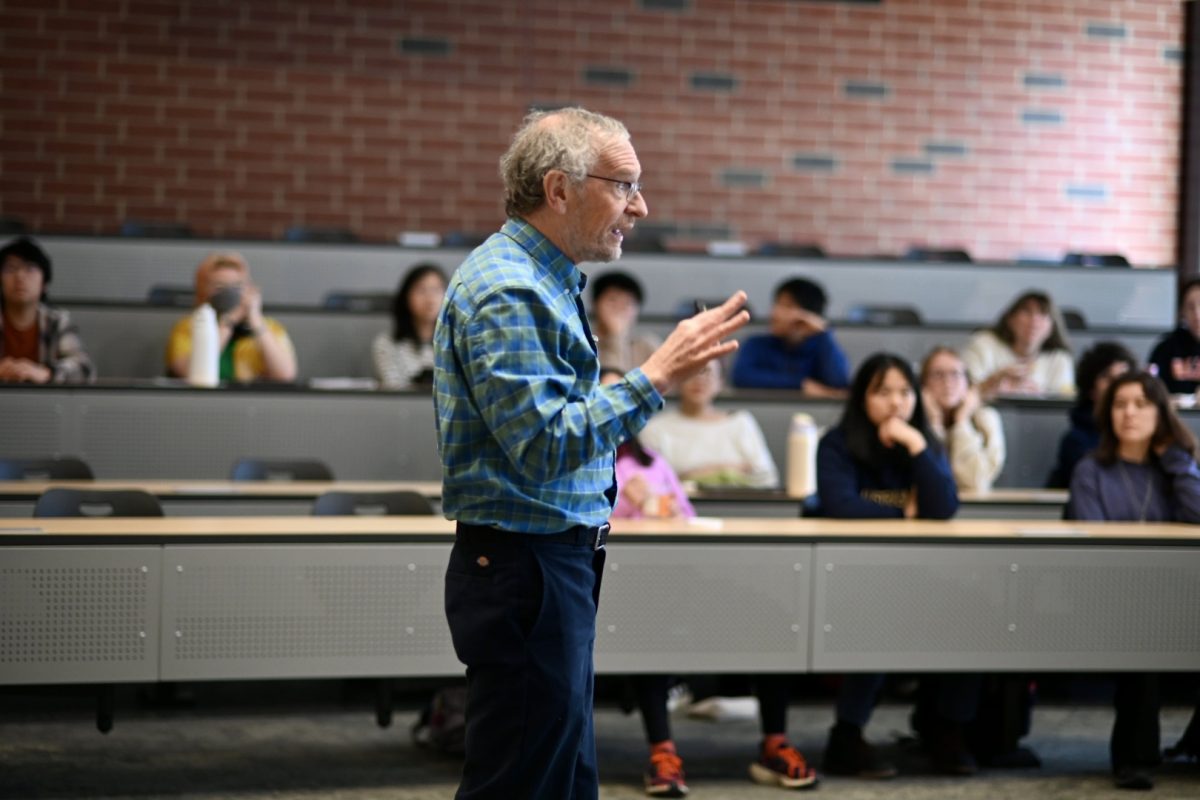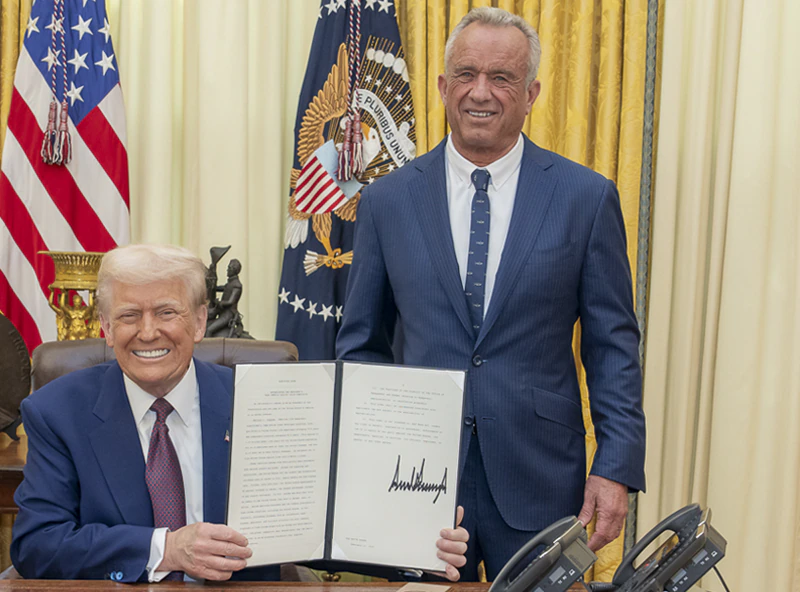In keeping up with 2024 election news, voters have probably seen or heard the words “unprecedented times” more than once. However, this election is shaping up to be anything but unprecedented.
In six out of the seven critical battleground states, voters remain evenly split, according to the latest New York Times/Siena College poll.
This means that the election could easily sway to either Democratic presidential candidate Kamala Harris or Republican candidate Donald Trump depending on voter turnout—the results might not even be known until later this week.
While citizens might not realize it, contentious and close elections have always been a cornerstone of American democracy.
However, as misinformation spreads in this charged environment, it poses a significant threat to public trust and could distort the very outcomes of these pivotal contests.
Since George Washington left office in 1796, political rhetoric between candidates, while only growing increasingly spiteful and heated, has always been an important factor.
Elections themselves have also become closer and more controversial, exemplified by Republican candidates George W. Bush in 2000 and Donald Trump in 2016 winning the electoral college despite losing the popular vote.
Yet, over the past decade, the US has ventured deeper into territory that is in fact unprecedented—the realm of misinformation, particularly due to its rapid proliferation through social media and advanced technologies that fundamentally alter how false narratives are spread and consumed.
Today, as Americans head to the polls, they’re faced with not just the question of who will win, but also the challenge of navigating a landscape filled with misinformation—and the very real truth that if we can’t learn to combat it, the fate of American democracy could be at stake.
THE RISE OF MISINFORMATION
As America navigates the impact of the election, it’s crucial to first understand the challenges posed by misinformation.
The term ‘misinformation’, defined as “wrong or misleading information” by Oxford, has been in use since the 17th century.
Misinformation has been a key part of political strategy for as long as there have been elections.
Historically, it took the form of pamphlets or partisan newspapers, where rival factions would use exaggerations or outright falsehoods to sway public opinion.
In recent years—particularly during the 2016 and 2020 elections—misinformation has exploded thanks to social media, where misleading headlines, fake accounts, and altered photos greatly influence political views.
According to Pew Research, 54% of U.S. adults report getting news from social media, with significant increases in usage on platforms like YouTube (+9%), Instagram (+9%), and TikTok (+14%) since 2020.
Alarmingly, 73% have also witnessed inaccurate news about the 2024 presidential election on social media, with roughly half of them stating that it’s difficult to discern fact from fiction.
X (formerly Twitter) is especially prevalent, with 65% of users citing news consumption as a reason for being on the platform.
While social media allows for quick and easy dissemination of information, it also presents significant dangers, many that have become more apparent during the 2024 election.
THE IMPACT OF MISINFORMATION
Misinformation has been spread across the political spectrum.
For example, Republican figures, including Trump and his vice presidential candidate JD Vance, falsely claimed that Haitian immigrants were “eating” pets despite official statements indicating “no credible reports” of such incidents.
Vance’s posts on the incident reached 11 million views on X.
Conversely, Kamala Harris has shared misleading information regarding Trump’s alleged involvement with Project 2025, a conservative policy outline, despite his campaign repeatedly distancing itself from the initiative.
This widespread misinformation not only shapes public perception but has directly influenced voter trust.
According to a recent Gallup poll, only 28% of Republicans express confidence in the election results—a significant decline from 44% in 2020 (which itself had fallen from 55% in 2016).
In contrast, Democrats’ confidence in election results has remained high, increasing from 76% to 84% since 2020.
This troubling divergence highlights how misinformation can erode within political identities, leading to skepticism about the integrity and legitimacy of electoral outcomes.
It’s important to recognize that misinformation isn’t new to American politics; it’s not necessarily the spread of false or misleading information that should be concerning—it’s the rapid rate at which it’s being fabricated and circulated.
Today’s misinformation epidemic employs new technologies that weren’t as widespread during the 2020 election—including AI and deepfake technology, which have played a small but substantial role in 2024 misinformation schemes—making it easier for conspiracy theorists and foreign actors to spread false claims.
For example, a recent manufactured video depicting Haitian migrants illegally voting was condemned as a Russian-linked hoax by U.S. intelligence agencies last Friday.
Even Elon Musk, the owner of X, has fueled skepticism about election integrity with numerous false and misleading claims that have been viewed over 2 billion times.
With the campaign season now over and votes being counted, the impact of misinformation persists, threatening the legitimacy of the election in the eyes of many.
On social media, users fall into “echo chambers,” environments where they are exposed only to information that reinforces their existing beliefs.
If misinformation continues to circulate within these echo chambers after the election, false claims about the election may endure long after a winner is declared.
THE IMPORTANCE OF COMBATING MISINFORMATION
Understanding the implications of this epidemic is crucial in considering the future of the electoral process.
For one, the ramifications of misinformation could extend far beyond the election.
The events of January 6 serve as a stark reminder of the consequences when false narratives take root in public consciousness, as the assault on the Capitol was fueled by a cascade of fraudulent claims that the election had been stolen, primarily circulated on platforms like Facebook and Twitter.
The responsibility to combat misinformation falls on all of us—regardless of age—including high school students, many of whom are active on social media and have witnessed the spread of misinformation firsthand, even if they cannot vote.
As you engage with online content, consider taking the following steps:
- QUESTION VALIDITY: Always ask yourself if the information you’re viewing seems credible—look for evidence, check the source, and consider potential biases.
- CHECK CREDIBLE SOURCES: When you come across a news story or a claim, verify the information about reputable news outlets or fact-checking sites like Snopes or FactCheck.org.
- ENGAGE IN DISCUSSIONS: Try and talk about misinformation with friends and family. Share what you’ve learned about spotting misleading claims and encourage open discussions about current events to foster critical thinking.
- EDUCATE YOURSELF AND OTHERS: Explore resources or attend workshops on media literacy to better understand how to discern fact from fiction. Bring this knowledge into your community by sharing it in school or with family and friends!
If we fail to recognize and address this epidemic, we jeopardize the integrity of our elections—more importantly, we threaten the stability of democracy itself.
By educating each other and learning to spot this misinformation—a feat that often requires extensive fact-checking and consideration of alternative viewpoints—we can collectively protect, preserve, and (hopefully) improve the institution of American democracy for generations to come.








